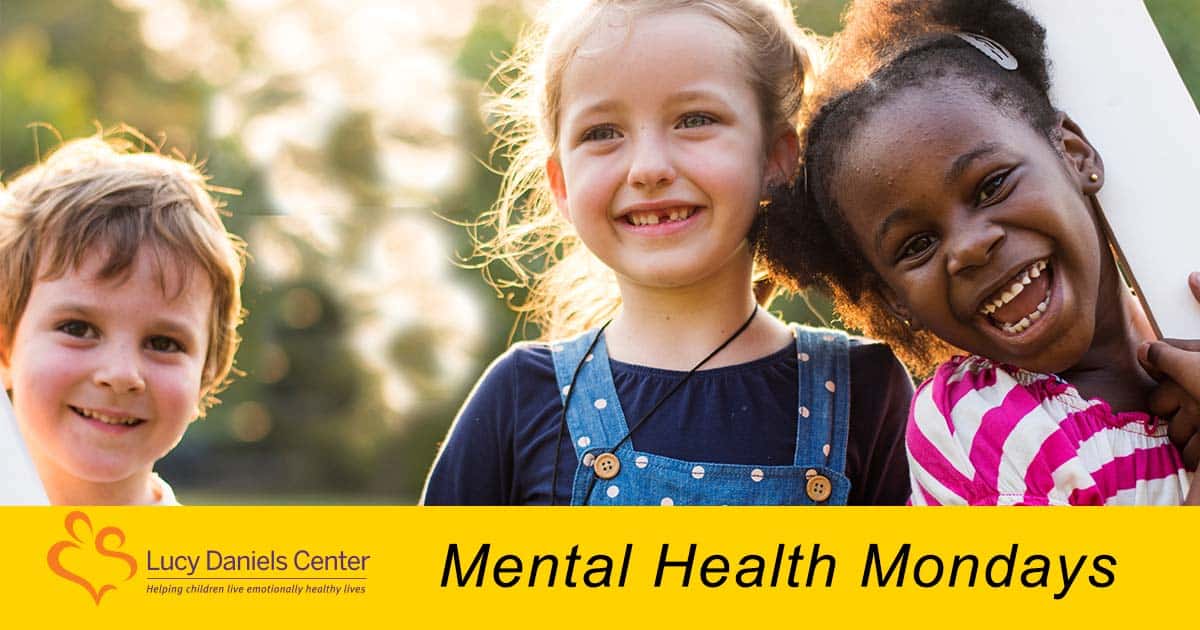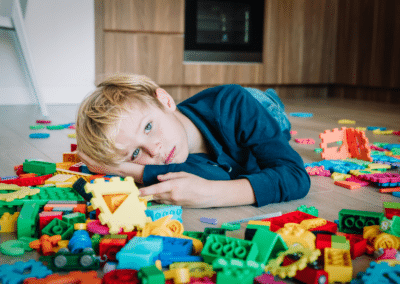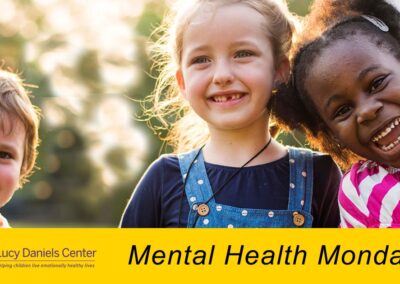Mental Health Mondays
Starting a New School Year
A new school year and all of the changes that come with it can bring about much anticipation in the form of both excitement and nervousness. How to best prepare a child for the year ahead depends on many factors such as the age of the child, whether the change is within a school or to a new school, the child’s history of coping with changes and transitions, and whether the previous school experience, if there was one, was an overall positive or negative experience.
Age as a Determining Factor
As children grow older, they need, of course, less and less direct support in the transition from one school year to the next. Older children, if they are moving into their middle or high school years, benefit from parents keeping themselves open to discussion in both a reflective and anticipatory way.
Younger children depend almost solely upon their parents and caregivers for support in times of transition. Programs for younger children typically have phases in which children can meet their teachers and see their classroom with the support of their parents, and many programs have extended settling in periods for parents to stay until their child has become at least somewhat acclimated to their new environment.
Change within a School or a Move to a New School
Changes within a school have the potential to be smoother transitions because children have the opportunity to make use of preparation from their previous teacher(s). Furthermore, they can hold onto the comfort that they may still see their previous teachers from time to time, making the goodbye feel less permanent. Still, a change from one teacher to another means that a new teacher-child relationship has to develop from the beginning. Teachers vary in style and approach, even within a program, and children have to adapt and accept help in new ways when they have new teachers.
Children making a transition from one teacher to another benefit from their parents talking about these changes. Their missing feelings for their former teachers should be esteemed, and at the same time, they should be encouraged to enter into new relationships. You can help by putting words to these experiences, reminding your child that forging a new relationship takes work, and making comments such as, “Last year, Ms. Mary knew all about your love of cars. Ms. Sue doesn’t know that about you yet. We’ll have to make sure we let her know.”
When the change involves a move to a new school altogether, all of the comforts and familiarity of the previous school and teachers exist in memory only. In addition to a new classroom and the relationship with a new teacher, there are new peers and a new physical environment to navigate. Ongoing discussions about the feelings associated with the changes can help parents have a sense of how their child is adapting to the new environment.
Special Circumstances
For children with a history of difficulty with transitions or who have previously had a negative school experience, it is more crucial that additional measures and precautions are taken to ensure a smooth transition and to prevent repeated failed experiences. If you have questions or concerns about your child’s ability to settle into a group in a school setting, share your concerns with your pediatrician, or request a consultation at the Lucy Daniels Center or from another qualified professional.
Lucy Daniels School is an emotionally safe and supportive learning environment for children preschool-5th grade. Lucy Daniels School provides an alternative choice in our therapeutic school for children who struggle emotionally and academically in a mainstream school environment. At the Lucy Daniels School, each child’s education and therapeutic program is carefully tailored to his or her needs and strengths. Parents meet regularly with a parent guidance counselor. This collaborative approach helps children progress socially and academically to become successful and competent learners.



